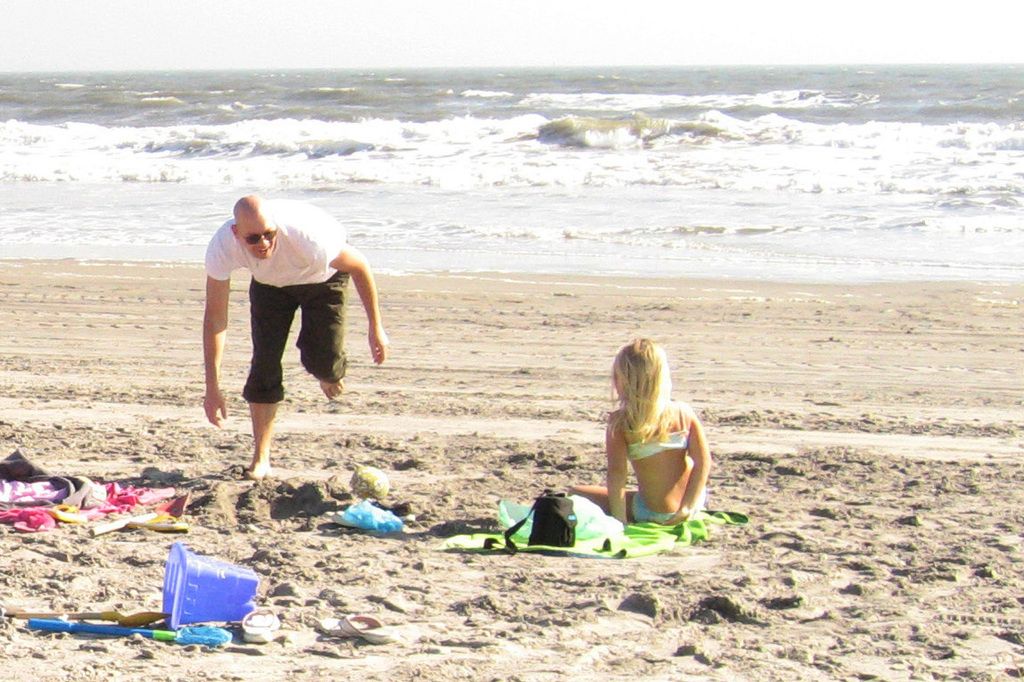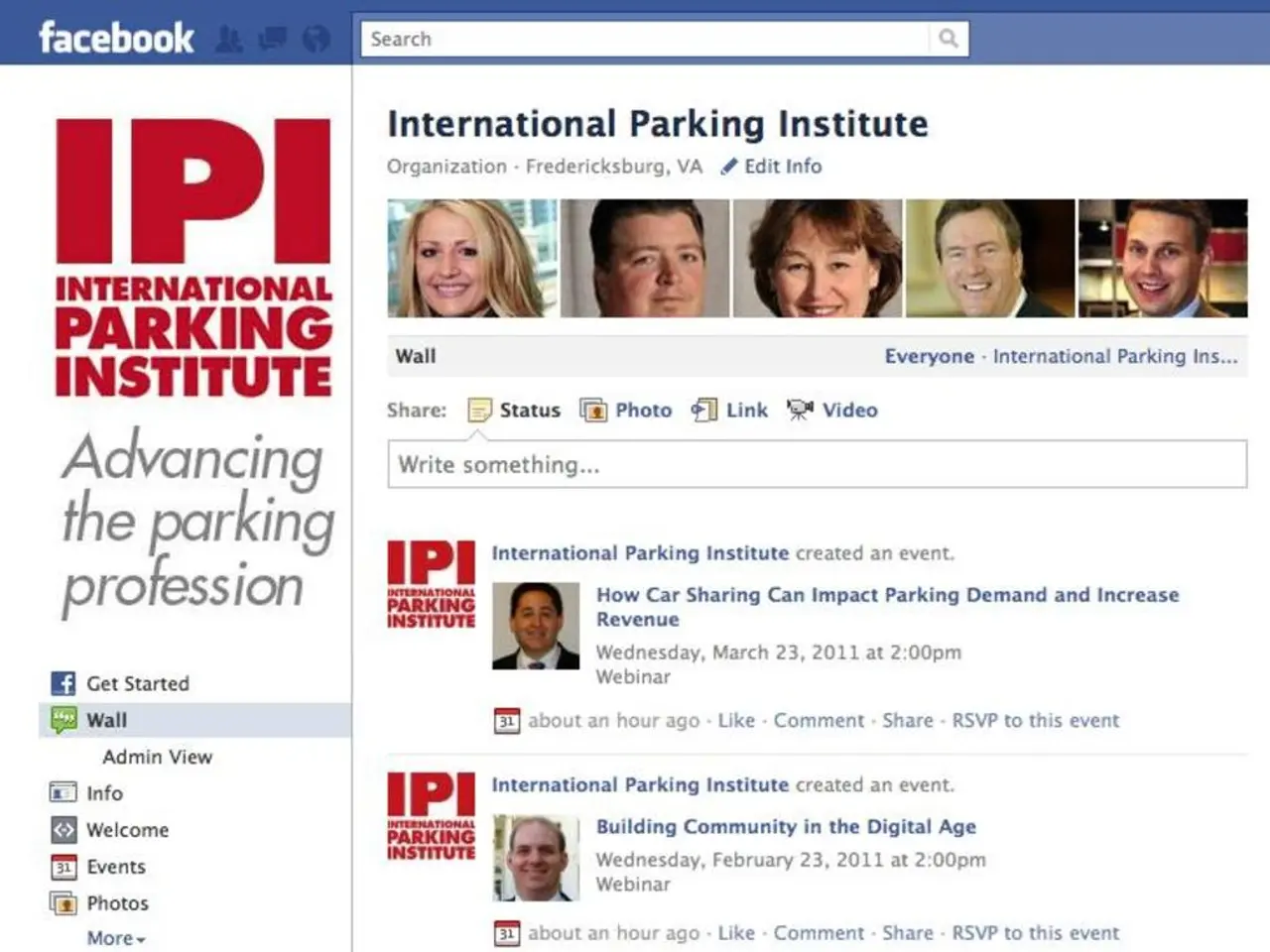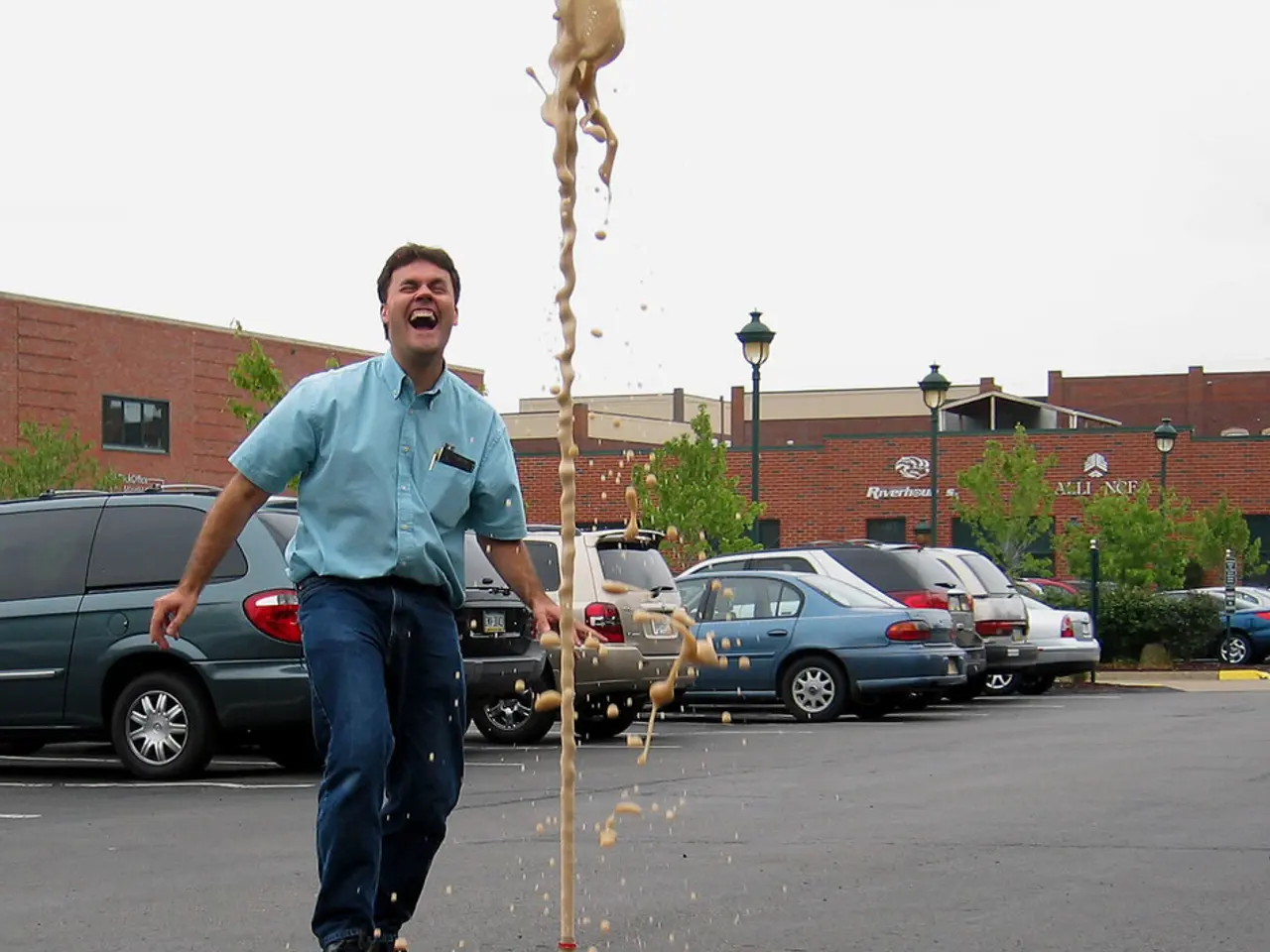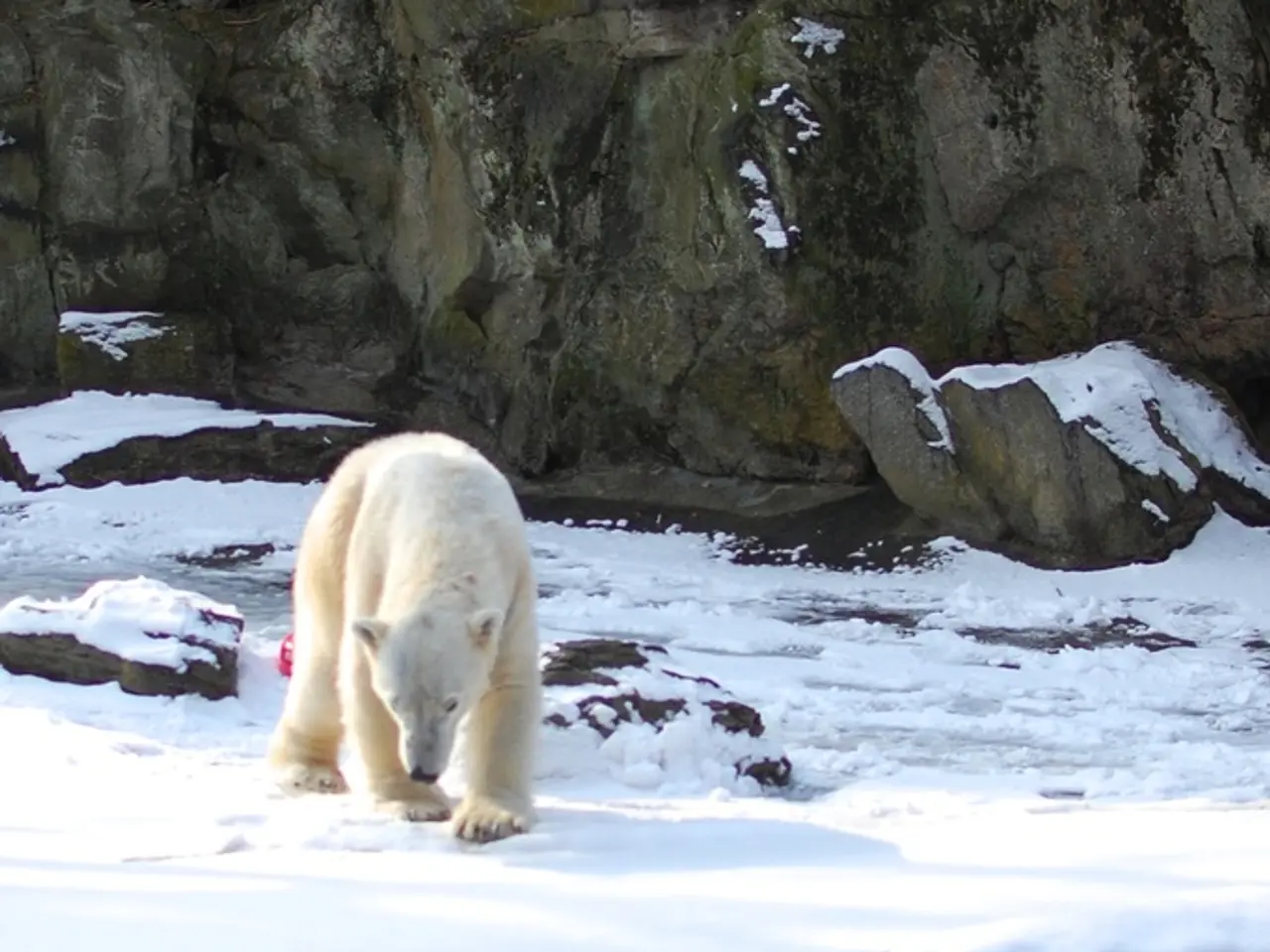Soiled Game Show Secrets Spilling Out!
Top 10 Game Show Catastrophes That Rocked History
For decades, families worldwide have enjoyed the unique interaction and wholesome fun game shows provide. But behind the smiling faces and captivating puzzles, there's a shadier side, and we're blowing the lid on it! Here's a lowdown on ten scandals that rocked these innocent game show worlds.
Countdown to Cheating Chaos:
- Brandi Cochran and Shane Stirling on "The Price is Right"This popular game show faced controversy when former model Brandi Cochran sued, claiming she was fired after becoming pregnant. A few years later, another model, Shane Stirling, shared the same allegation. Unfortunately for them, their lawsuits had mixed results.
Source: Atlnightspots.com
- "Our Little Genius"Before it even aired, this Fox trivia show run by child prodigies seemed doomed. A contestant's parent revealed the production staff supplied specific answers, and the show was postponed, eventually getting canceled.
Source: Gameshows.wikia.com
- Adriana Abenia on "Pasapalabra"This Spanish game show contestant used a phone hidden between her legs with the "Shazam" app to identify songs during her appearance. Caught, she admitted her actions during recording.
Source: Telecinco.es
- Herb Stempel & Charles Van Doren on "Twenty-One"In the 50s, this show was rigged, with contestant Herb Stempel's winning streak and loss to Charles Van Doren both fixed to captivate audiences and increase publicity.
Source: Newyorker.com
- Rick Rockwell on "Who Wants to Marry a Multi-Millionaire?"Famous among early reality shows, this matchmaking program was thrown into scandal when "wealthy businessman" Rick Rockwell was exposed as a fraud. He lied about assets and came nowhere near a multimillionaire status.
Source: Foxnews.com
- Khaled El-Katateny on "Millionaire Hot Seat"This young law student, with his question-guessing techniques based on the host's expressions, won AUD 100,000, causing controversy and the hosting team denying any tip-offs of correct answers.
Source: News.com.au
- Patrick Quinn/Kerry Dee Ketchum on "Super Password"This fascinating case saw "Patrick Quinn" win $58,000 on the show, only to be revealed as fugitive Kerry Dee Ketchum, wanted in three states. TV game shows' background checks were called into question following this incident.
- Rodney Alcala on "The Dating Game"Convicted rapist and registered sex offender Rodney Alcala, introduced as a successful photographer, was a contestant on "The Dating Game." Thankfully, Cheryl Bradshaw refused to go out with him.
Source: Theparanormalguide.com
- Charles Ingram on "Who Wants To Be A Millionaire"A major winner, Charles Ingram had his $1,000,000 prize suspended as suspicions that he'd cheated with accomplices arose. Following a four-week trial, Ingram and his co-conspirators were convicted of cheating by synchronizing coughs to communicate answers aloud.
Source: Express.co.uk
The Grande Finale – Michael Larson on "Press Your Luck"
Finally, we arrive at the most notorious example of cheating on a game show – Michael Larson's defeat of the system on "Press Your Luck." By analyzing the show's spinning pattern, Larson won a previously unheard-of amount of money, causing a scuffle regarding ethics and format changes to prevent future occurrences.
Source: Buzzerblog.com
The Dish: Stacking the Deck
Game shows have suffered significant scandals, altering the TV landscape.
- Quiz Show Scandals in the 1950sThese events were marked by contestants receiving coached or pre-provided answers. Controversial shows like "Twenty-One" and "The $64 Question" were at the center. The aftermath forced regulatory changes, increasing scrutiny, and ensuring fairness.
- "Twenty-One" and Charles Van DorenThis incident highlighted the need for contestant knowledge control and integrity maintenance within the game show format.
- "Press Your Luck" Scandal (1984)Despite not being outright cheating, Michael Larson's usage of a pattern recognition technique to exploit the show's format incited changes and triggered screenings to prevent similar occurrences.
- "Who Wants to Be a Millionaire?" Scandal (2001)The show's controversy emphasized the need for vigilance against cheating tactics and the use of technology to hinder such incidents.
The television industry has undergone regulatory changes, produced shifts in public perception, revised formats, and boosted audience engagement due to these scandals, albeit not without controversy.
This content may not be suitable for all audiences.
- Scandals involving game shows have significantly impacted the world of entertainment, forcing changes in policy and public perception.
- Social media is abuzz with discussions about how these scandals have reshaped the landscape of pop-culture, with celebrities like Brandi Cochran and Shane Stirling, Charles Ingram, and Rodney Alcala becoming household names in the entertainment industry.








